
Climate change
Climate change is increasing the frequency and intensity of natural hazards across the globe. AHP works proactively to enhance resilience and minimise the vulnerability of people to the impacts of climate change, through preparedness, response, recovery and adaptation.
Australia has committed to doubling its climate financing to $2 billion over five years (2020–25) to ensure that communities in the Indo-Pacific region are better prepared for and more resilient to the impacts of climate change.
Consistent with DFAT’s Climate Change Action Strategy 2020-25, in its second five-year phase (2022-2027), the AHP, through Disaster READY, will support local organisations and communities to identify and adapt to climate risks and hazards, and increase their capacity to respond and bounce back after disasters.
The Disaster READY country planning process will include a stronger emphasis on climate and disaster risk analysis, including resilience. The planning process will also promote the integration of other existing ANGO and local partner community-based programming to ensure more holistic approaches to resilience at the community level. Australian NGOs will be encouraged to strengthen and build upon existing climate change adaptation activities, while utilising existing climate change expertise as well as indigenous knowledge and practice.
The partnership will also investigate options for limiting the environmental impact of humanitarian response.
Videos
Through the AHP response in Bangladesh, the people of wards 3 and 4 in Raja Palong Union identified local disaster risks and have taken proactive steps to mitigate them with the support of AHP partners. By improving connecting roads and a drainage canal, flooding will be significantly reduced in the future, and accessibility has improved.
The Australian Humanitarian Partnership supported CARE Vanuatu’s shelter response to Cyclone Harold in South Pentecost, which used local materials to encourage resilience and self-sufficiency.
Two years after TC Harold and COVID-19 hit, families in Vanuatu are getting back on track, growing themselves healthier and more resilient crops with help from the Helti Kakae, Helti Famili (Healthy Food, Healthy Family) project.



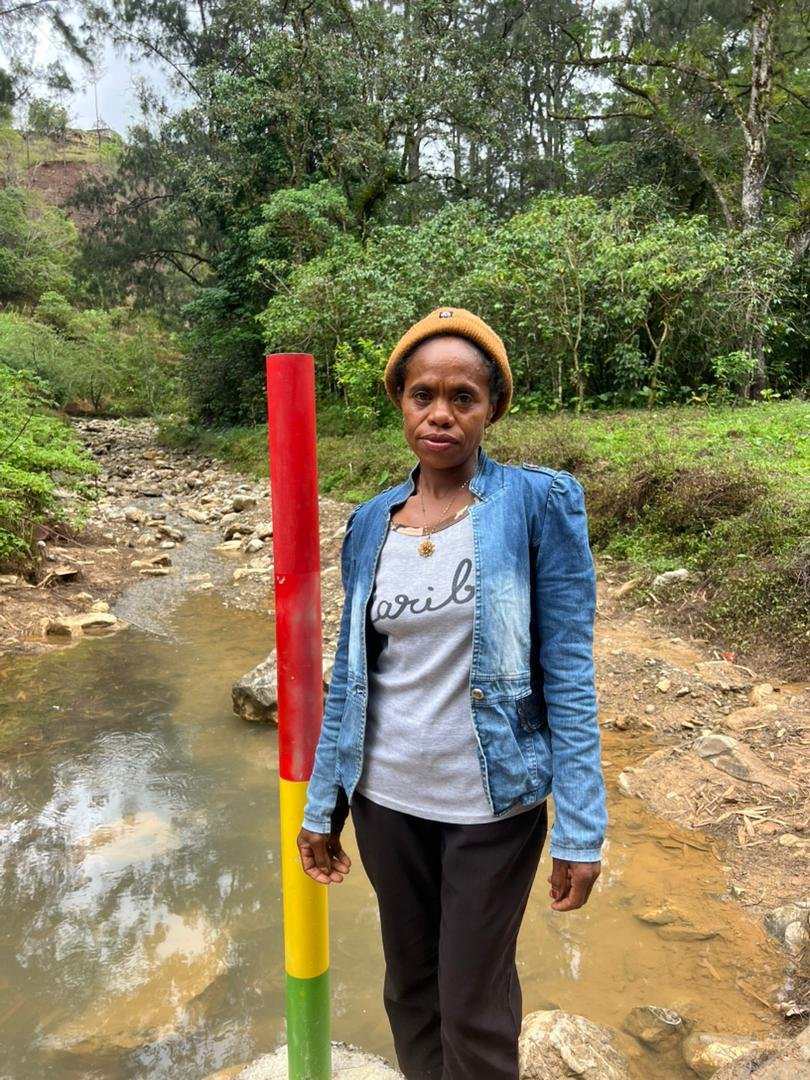

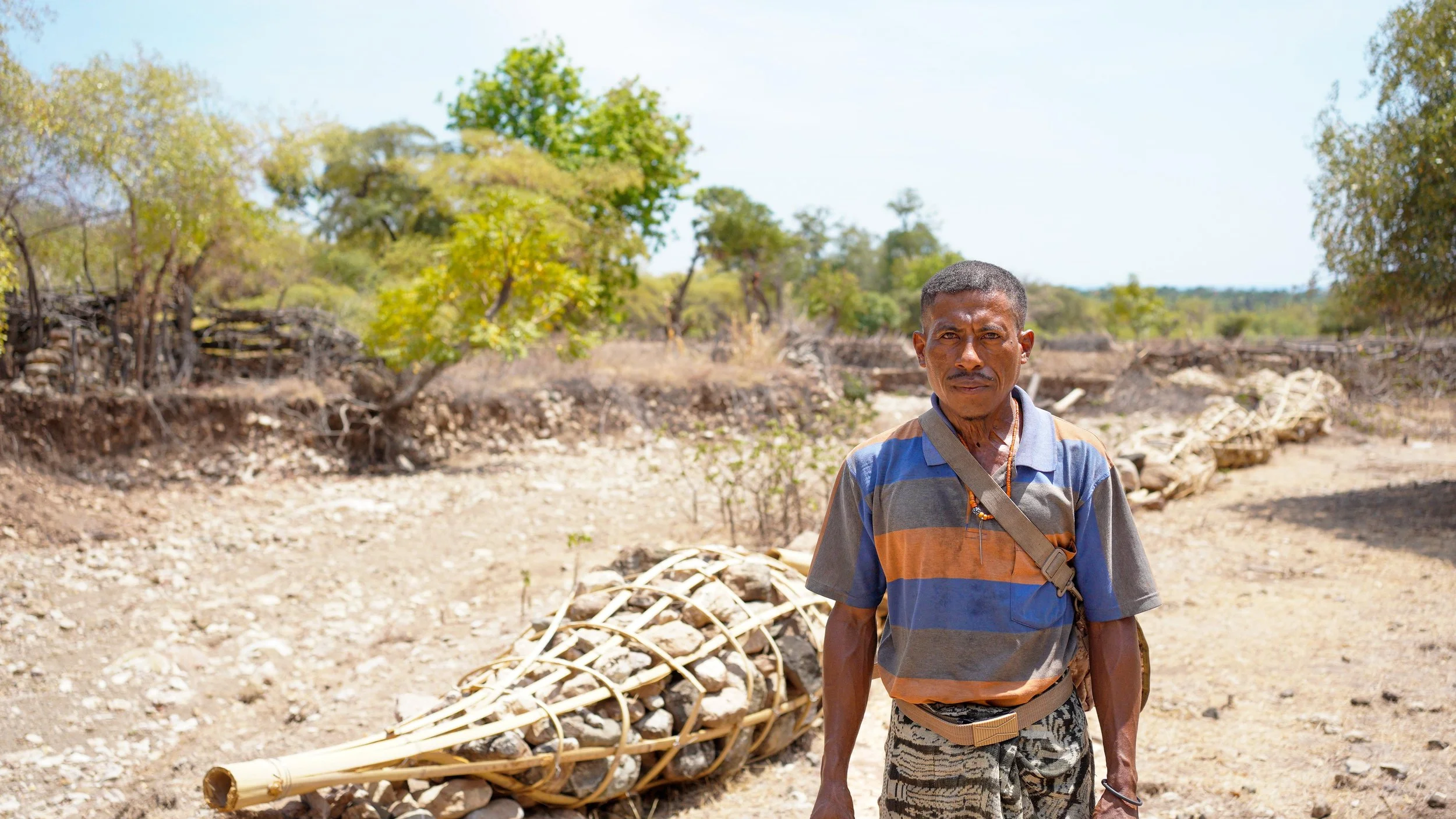


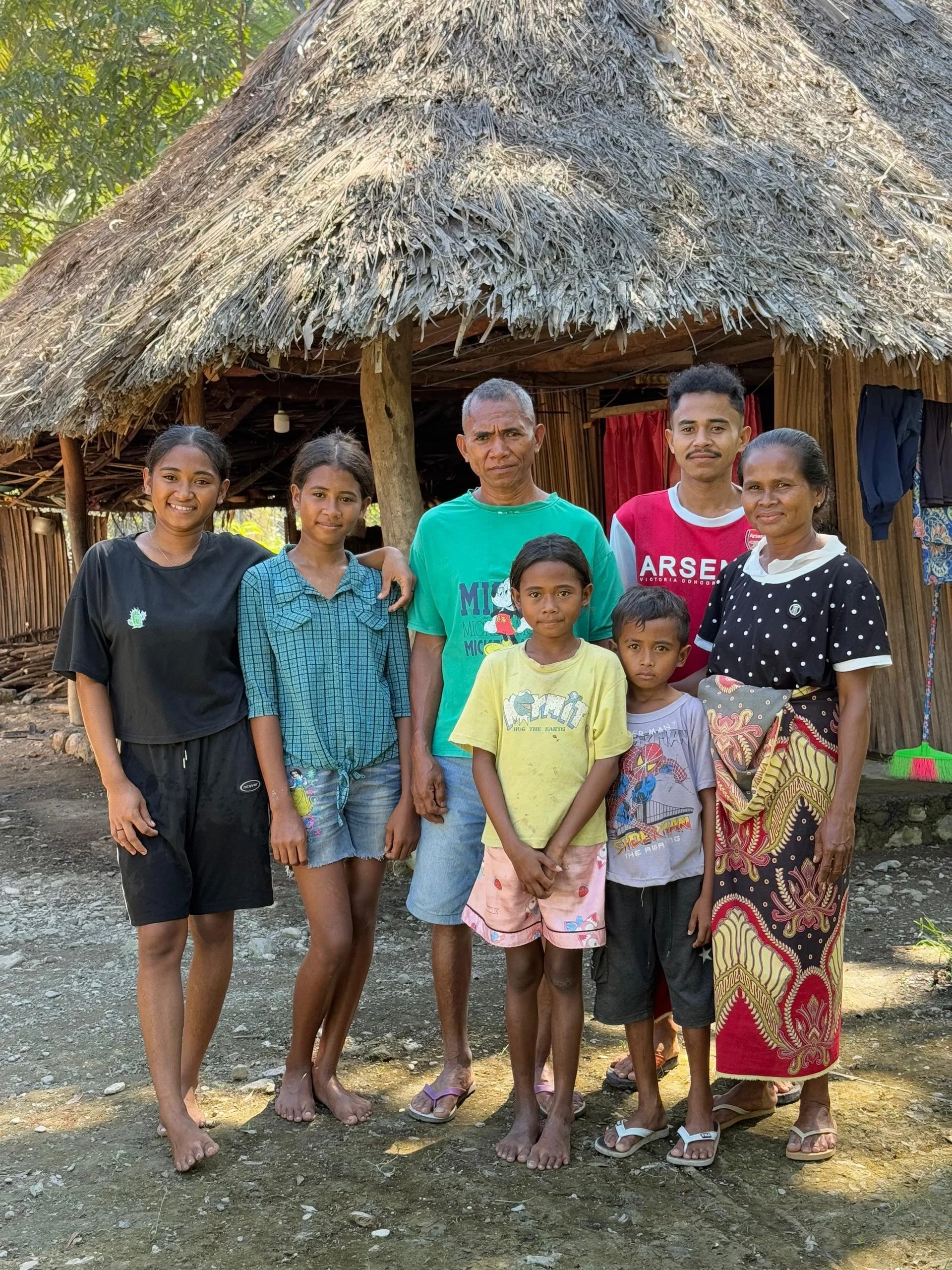


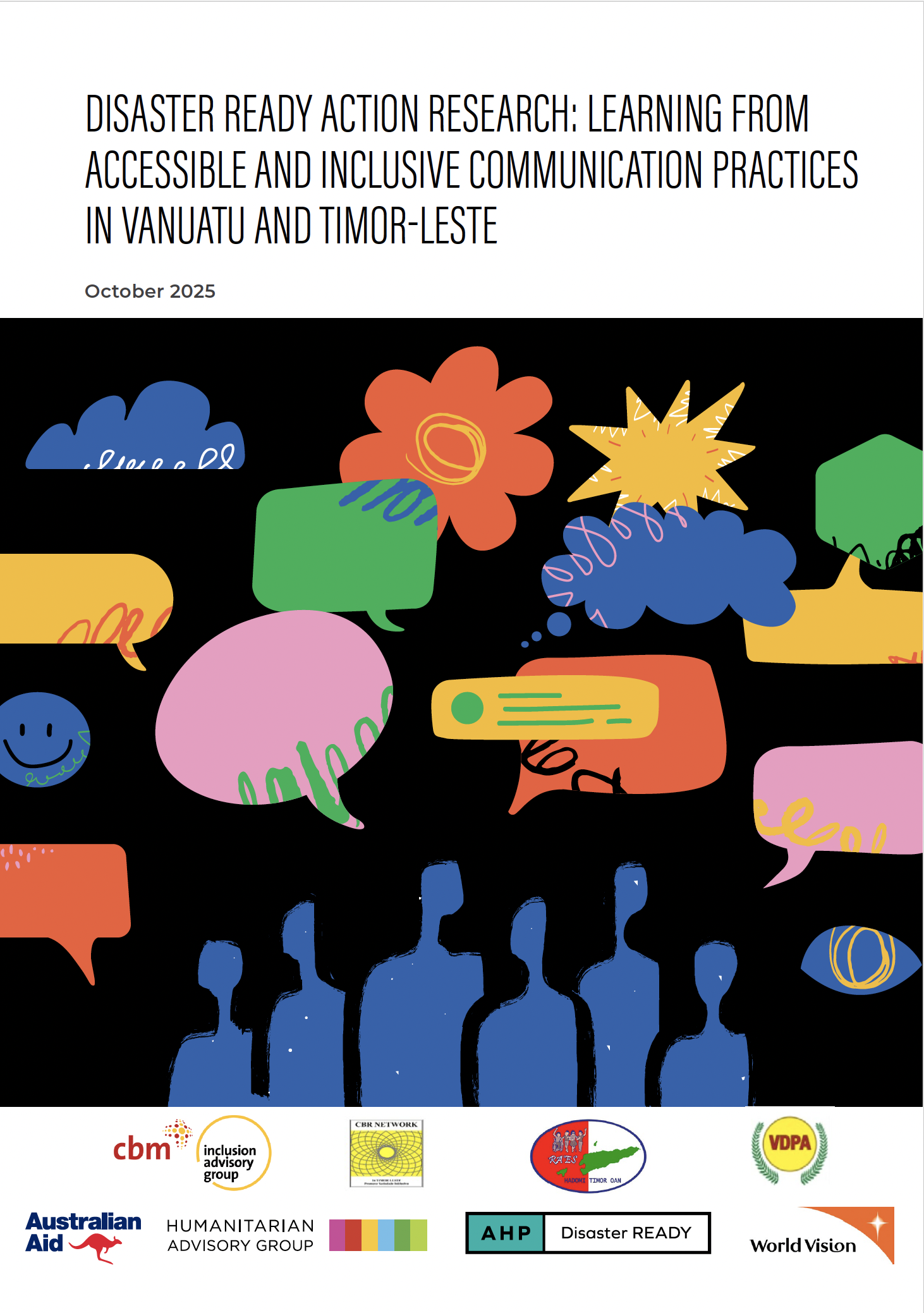


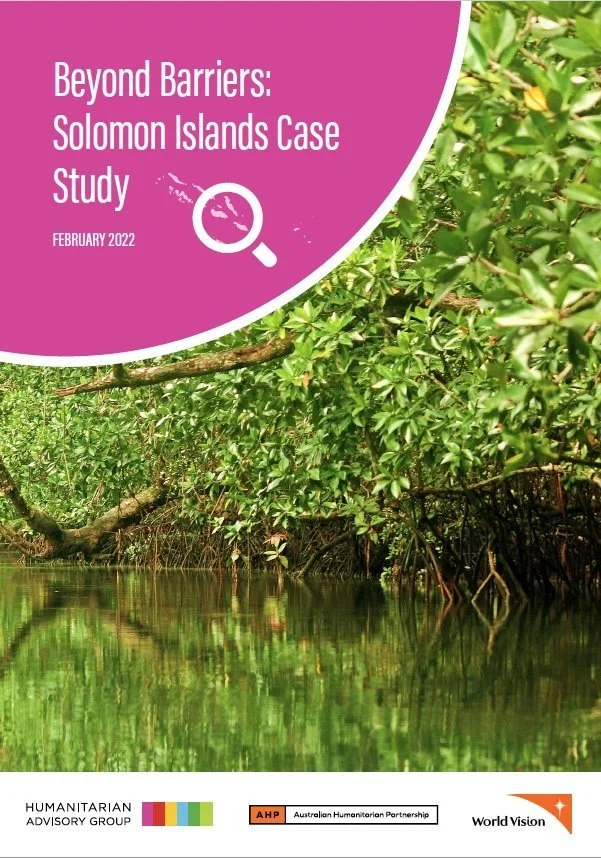



This case study explores Fiji’s progress in integration of climate change adaptation and DRR, identifying key themes and opportunities for stakeholders to advance approaches that reduce risk and enhance resilience at the community level in Fiji.